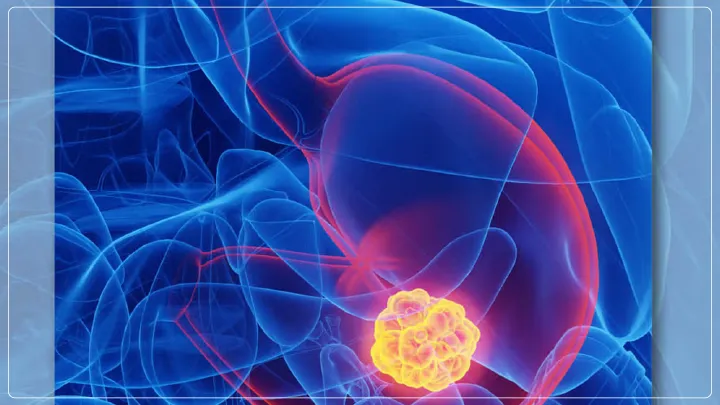April 2025
The combination of nivolumab and ipilimumab in patients 12 years of age and older with unresectable or metastatic microsatellite instability-high or deficient mismatch repair colorectal cancer was approved by the U.S. Food and Drug Administration (FDA). The combination immunotherapy therapy brings hope to patients with limited treatment options and further demonstrates the FDA's commitment to prioritizing therapies for the treatment of serious and life-threatening conditions. The FDA also upgraded the previous accelerated approval of single-agent nivolumab for the same indication to full approval.

The use of nivolumab and ipilimumab together for the treatment of unresectable or metastatic MSI-H/dMMR CRC is now FDA-approved. In a study given to randomly assigned patients receiving nivolumab and ipilimumab, results were much better compared to those receiving chemotherapy. Most of the overall response rates were higher with combined agents and longer progression-free survival compared with individual levels achieved with nivolumab. The safety profile of nivolumab and ipilimumab for this indication is thus similar to that seen in other cancers. The most common adverse reactions to combined therapy were fatigue, diarrhea, pruritus, abdominal pain, musculoskeletal pain, and nausea.
The FDA has approved this combination of nivolumab and ipilimumab for the rare and comparatively difficult-to-treat MSI-H/dMMR subset of colorectal cancer. The permit was granted under Project Orbis, an FDA initiative that enhances international cooperation in the review and submission of oncology drugs. The FDA conducted a fast-tracked assessment in collaboration with its counterparts in Brazil, Israel, and Canada and finished ten weeks in advance of the target date. The urgency and medical need attached to this patient population translated the application into a priority review status and attracted breakthrough therapy designation for other possible improvements it could offer over existing therapies and orphan drug designation due to its rarity. Besides these factors, the FDA also simplified the review process using the Assessment Aid, voluntary submission providing organized data and summaries. The move reflects the changing landscape of cancer treatment, namely immunotherapy, particularly within biomarker-driven contexts, as MSI-H and dMMR have emerged as directing biomarkers for predicting the response of patients to checkpoint inhibitors.
Bristol Myers Squibb has now paved the way for wider access and support programs for Opdivo and Yervoy therapy for dMMR/MSI-H advanced colorectal cancer. The FDA's approval advances precision oncology for patients with colorectal cancer and lays the groundwork for additional research into combination immunotherapy in other tumors with similar genetic characteristics. By streamlining its global regulatory mechanism, the FDA is simply proving just how effective it is in accelerating access to innovative therapies. Healthcare providers are encouraged to consult future full prescribing information while also considering this combination in clinically eligible patients. In this regard, the approval sets a strong precedent for future biomarker-based immunotherapy strategies.
April 2025
April 2025
April 2025
April 2025